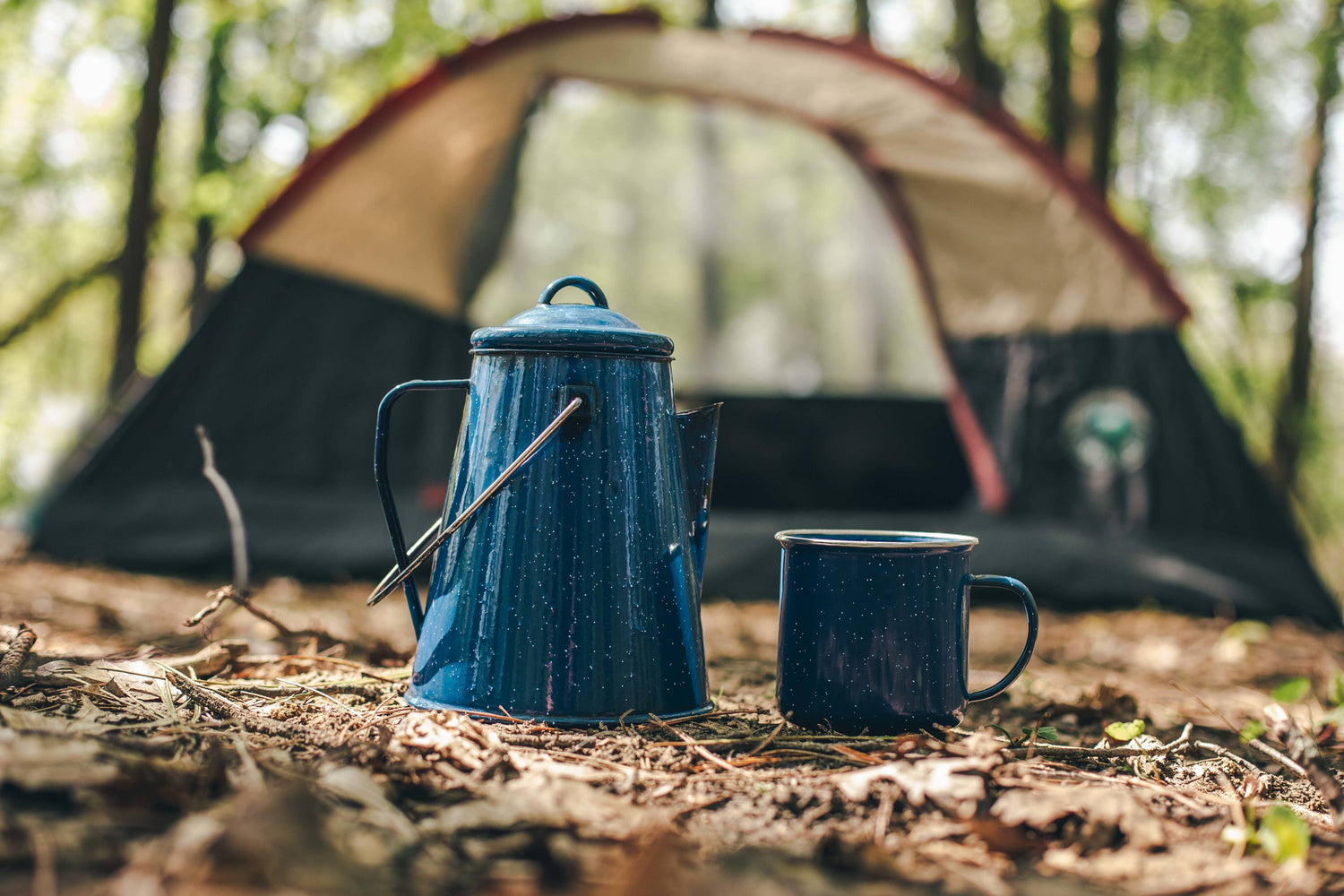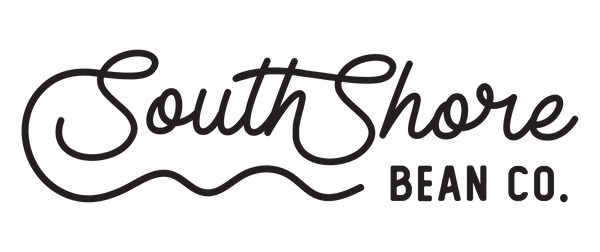Brewing Great Coffee

The Last Mile
Your coffee was grown, harvested, processed and carefully roasted over the course of its great journey, now ready to be brewed and enjoyed by you!
This guide offers a starting point to explore the fundamentals of brewing great coffee.
This guide provides a basic framework for brewing delicious coffee. Feel free to experiment, explore and seek out additional knowledge to discover what works best for you.
Collapsible content
Coffee Freshness
To preserve the freshness and flavor of your coffee, proper storage is essential. While roasted coffee is shelf-stable, it's best to consume it within a few weeks of the roast date.
Ideal storage conditions:
- Airtight Container: Use an airtight container to prevent oxidation.
- Dark Environment: Store your coffee in a dark place to minimize light exposure.
- Cool Location: A cool, dry pantry or cabinet is ideal.
Avoid these storage methods:
- Refrigerator: Can introduce unwanted flavors and moisture.
- Freezer: Can cause freezer burn and impact the coffee's aroma and taste.
Ground Coffee
The freshness of your coffee beans plays a crucial role in the flavor of your brew. Grinding your beans just before brewing is ideal. We enjoy the ritualistic experience of grinding whole beans moments before brewing but also understand that many folks would rather skip this step and get to the good stuff more quickly - which is why we offer the choice of whole bean or ground coffee when you order :)
The grind size you choose will depend on your brewing method:
- Coarse: French Press
- Medium: Drip Coffee, Pour Over
- Fine: Espresso
Invest in a quality burr grinder and grind just before brewing - it makes a world of difference!
The Water
The quality of your water can significantly impact the taste of your coffee. While filtered, tap, or bottled water is generally suitable, the ideal brewing water temperature is around 200°F (93°C).
If you're heating water on a stovetop or campfire, water that's just off the boil is a good starting point.
Coffee:Water Ratio
The ideal amount of coffee to water can vary depending on your preferred strength and brewing method. Here are some common ratios to get you started:
- Drip: 2 tablespoons of ground coffee for every 6 ounces of water, or 1 gram of coffee for every 17 milliliters of water.
- Pour Over: 1 gram of coffee for every 16 milliliters of water.
- French Press: 1 gram of coffee for every 14 milliliters of water.
- Espresso: 1 gram of coffee for every 2 milliliters of water.
Remember: These are just guidelines. Feel free to experiment to find your perfect brew. Factors like coffee bean roast, grind size, and water temperature can also influence the final taste.
Brew Time
The ideal brew time can vary depending on your brewing method. Here are some general guidelines:
French Press: 4 minutes
Espresso: 25-30 seconds
For automatic drip machines, you may not have direct control over brew time. In this case, experimenting with grind size and coffee-to-water ratio can significantly impact the final taste.
